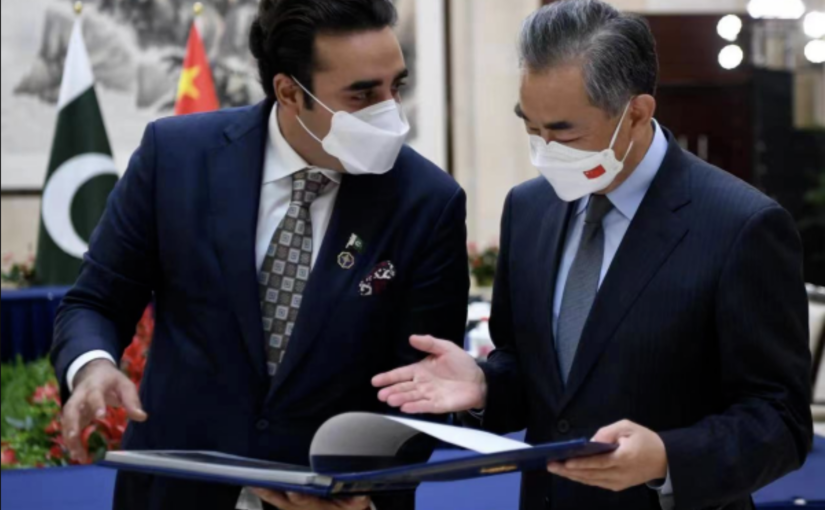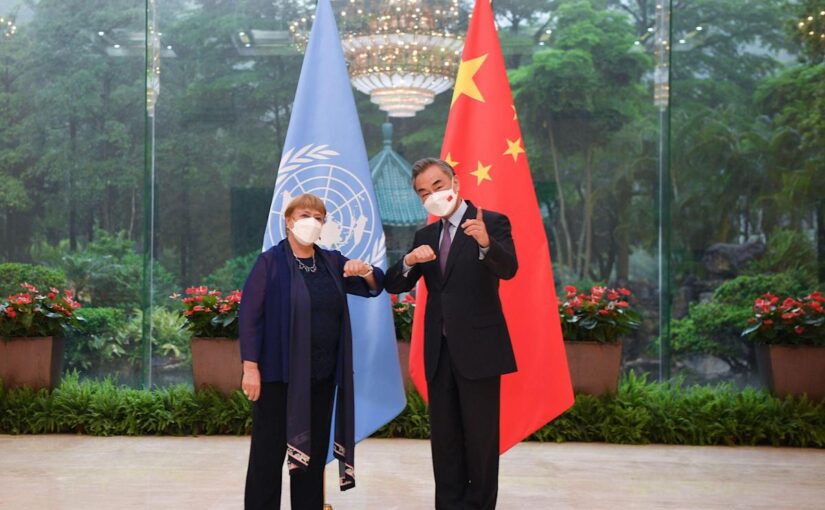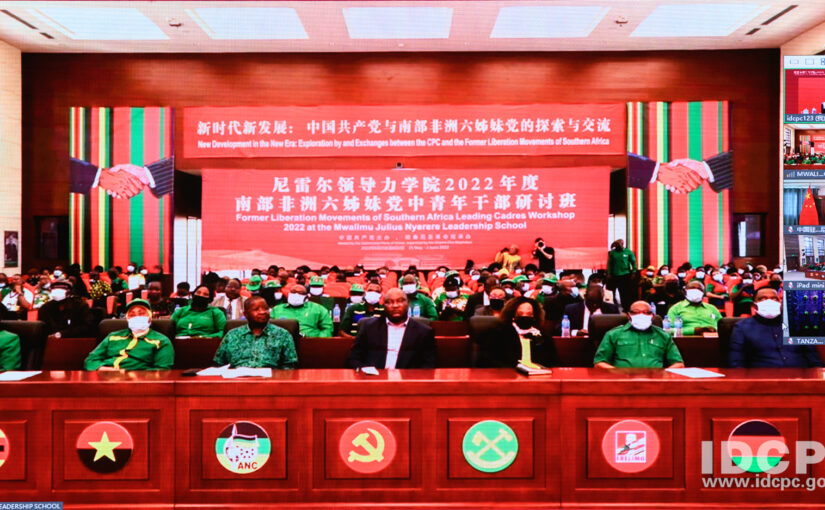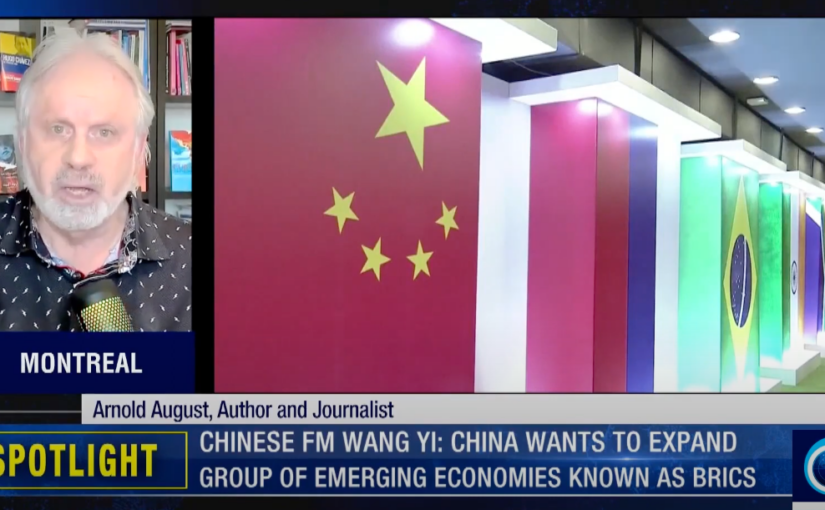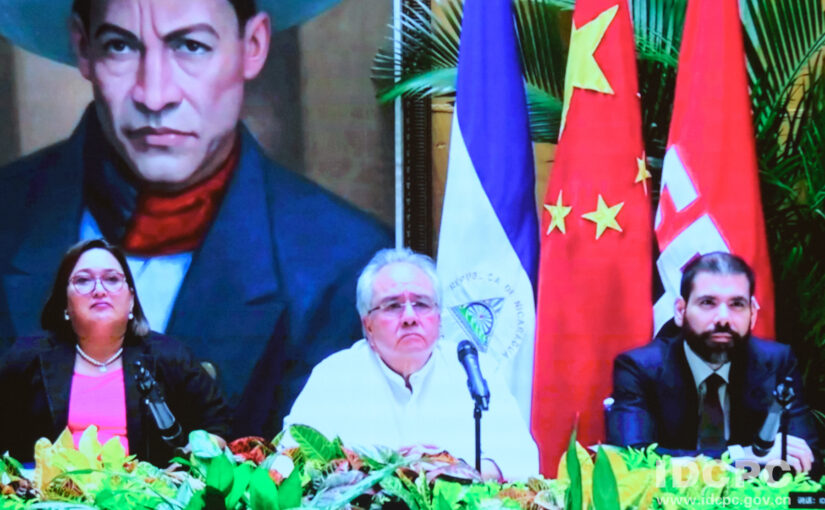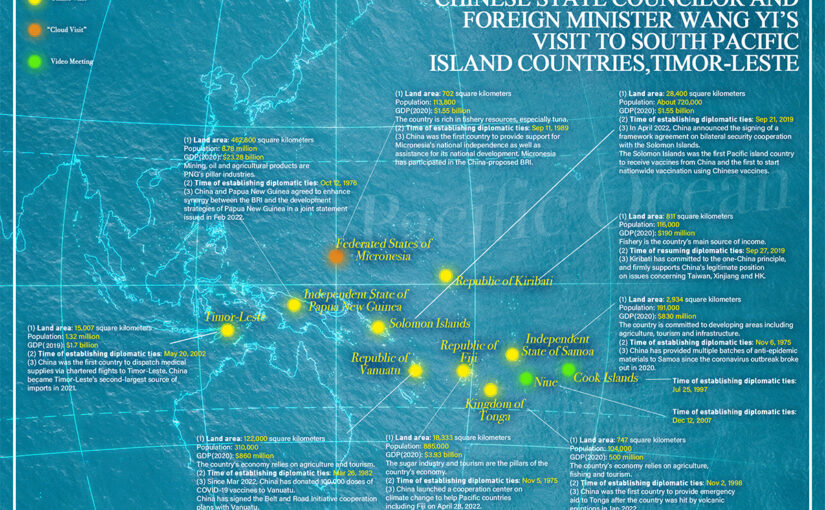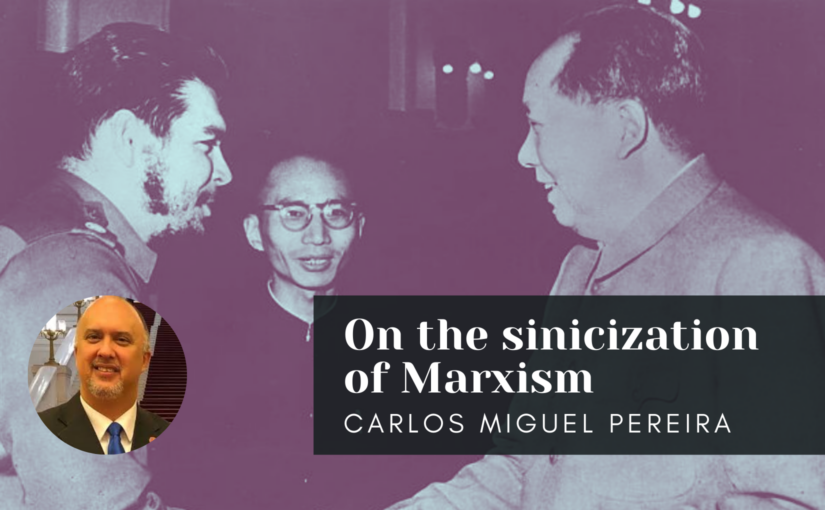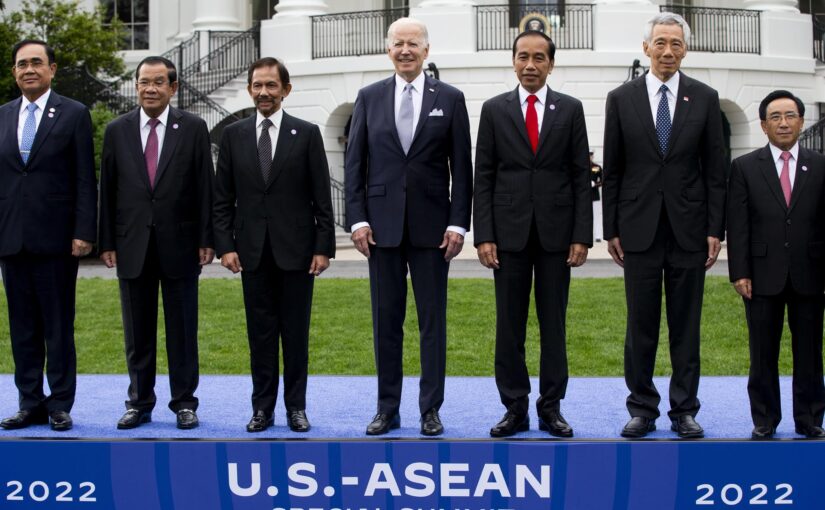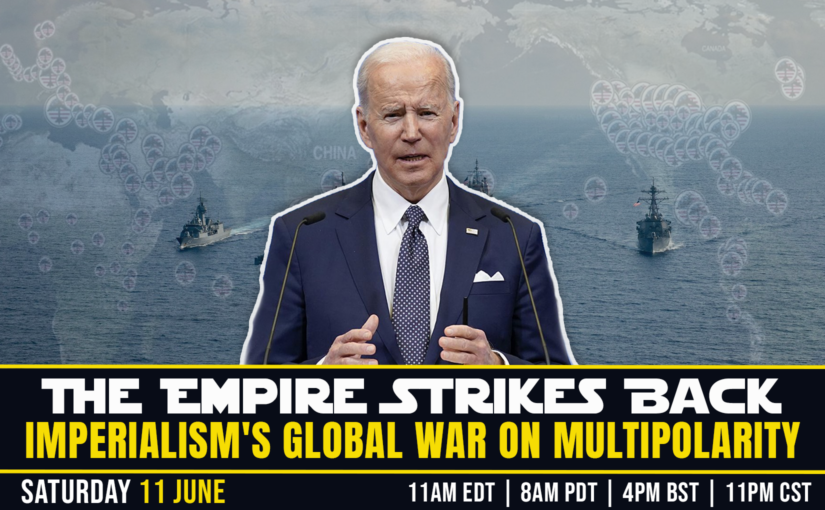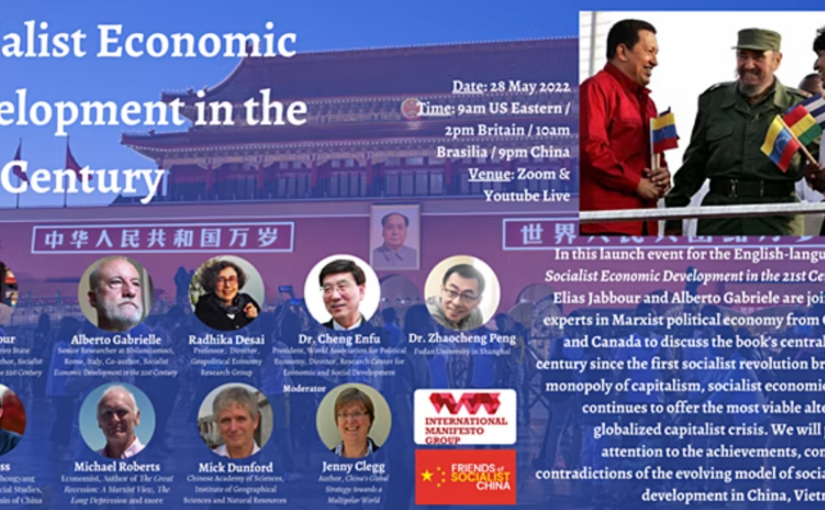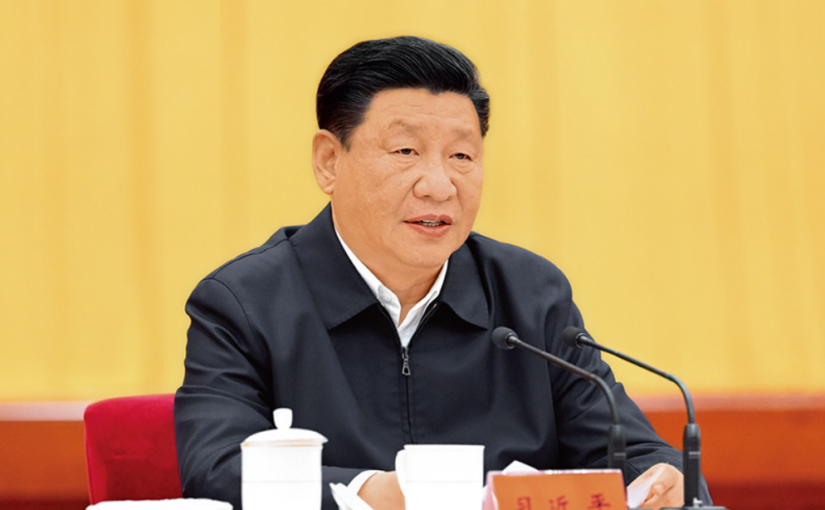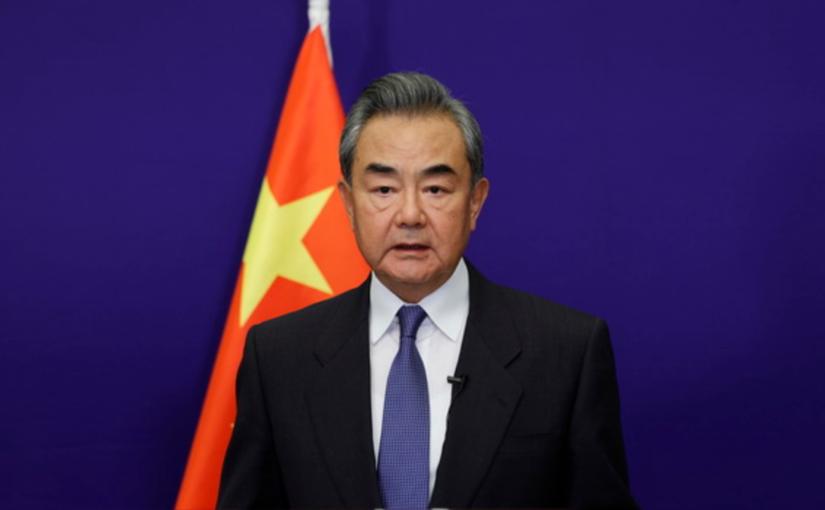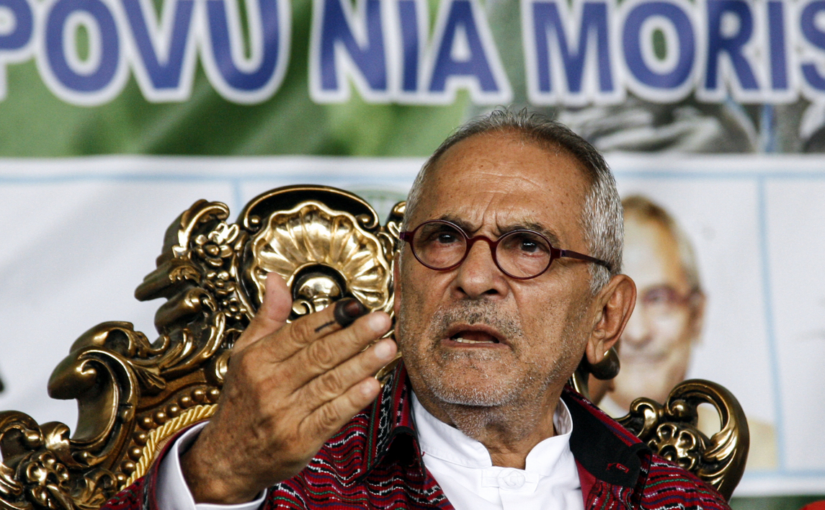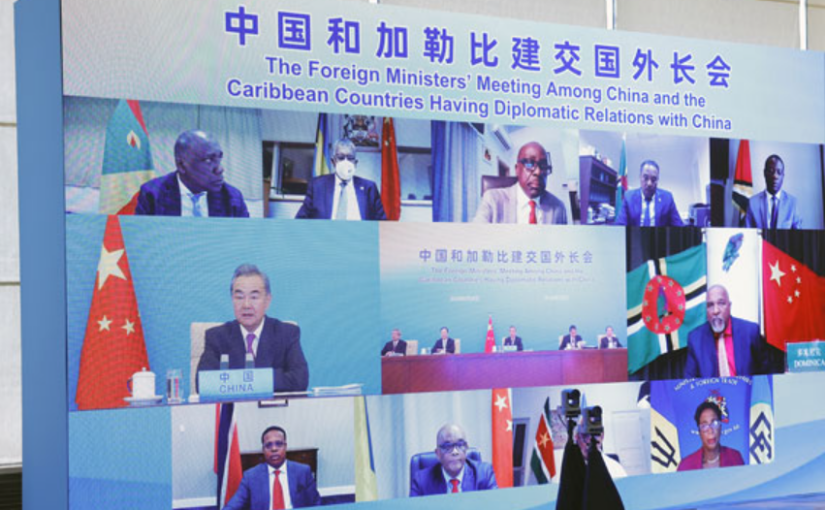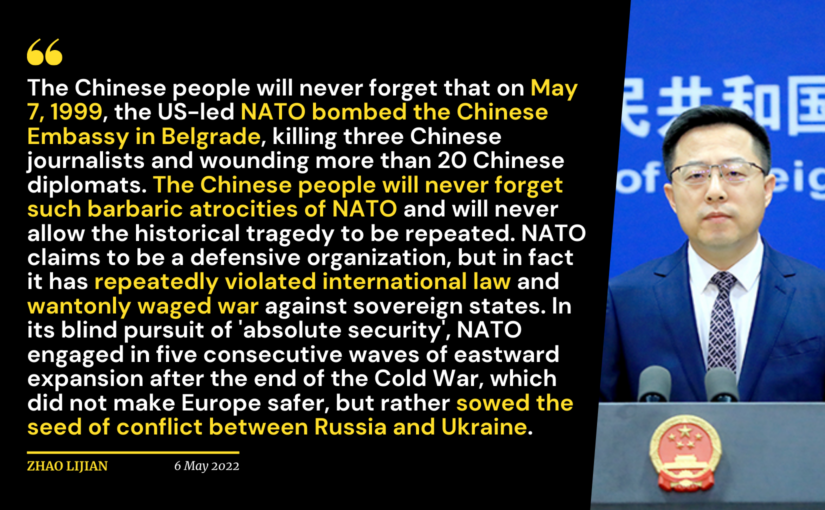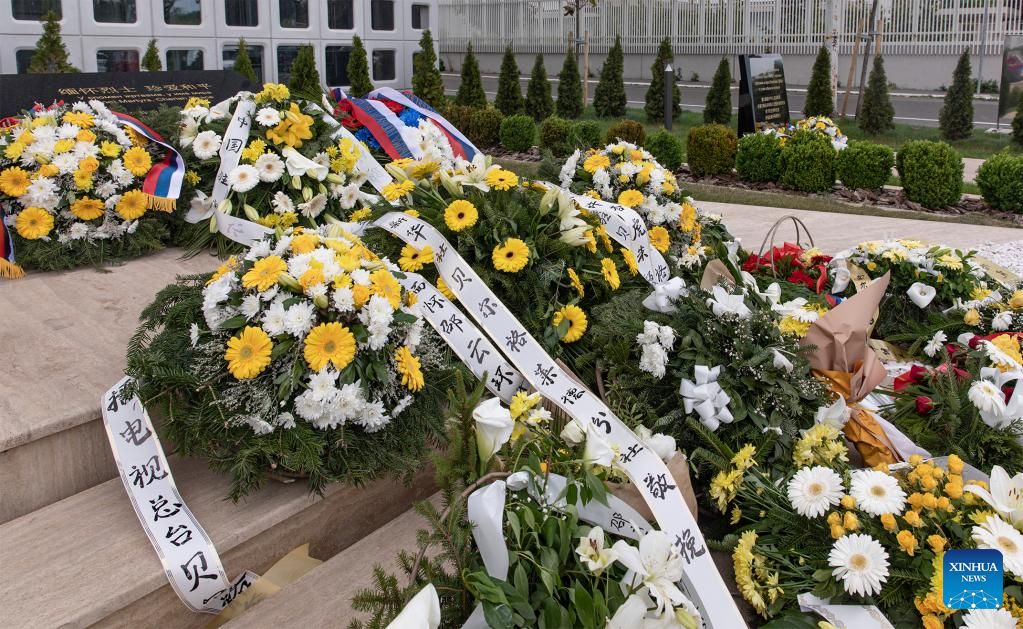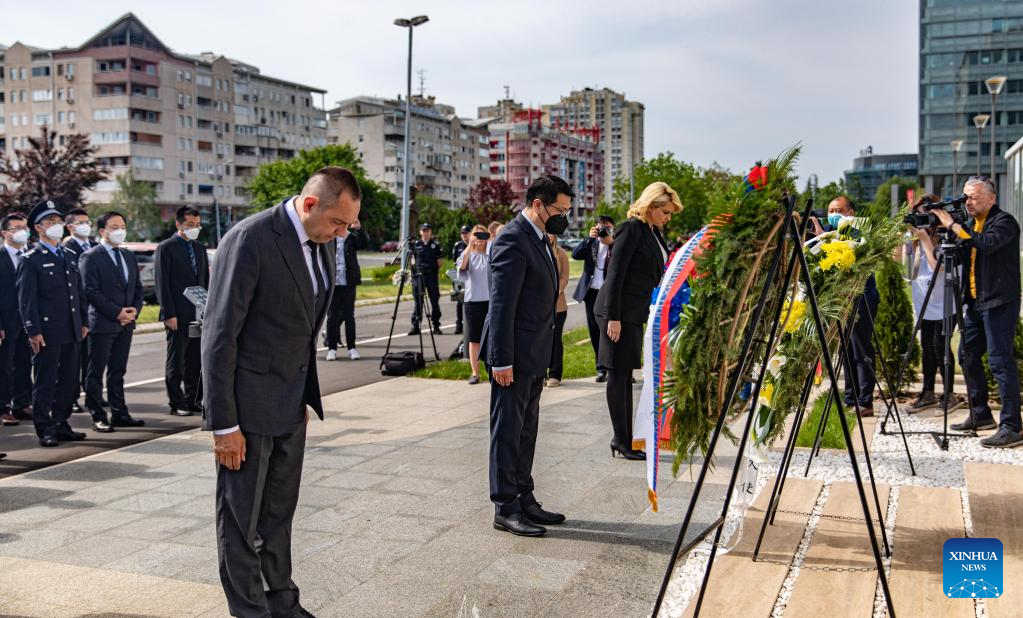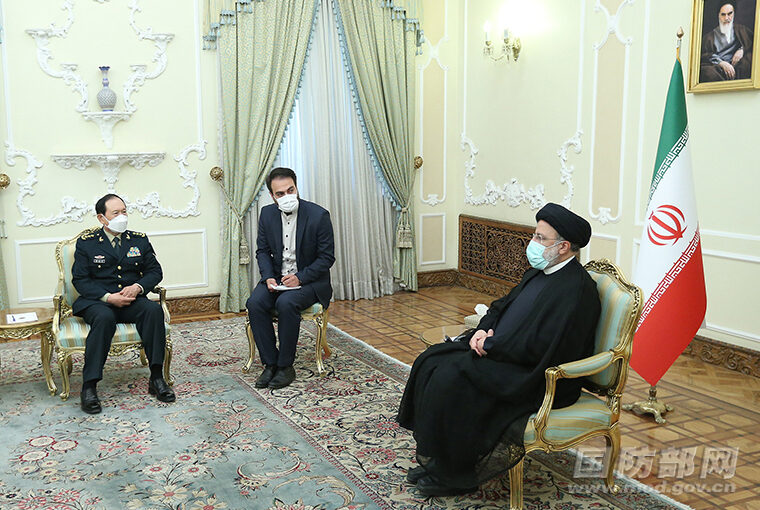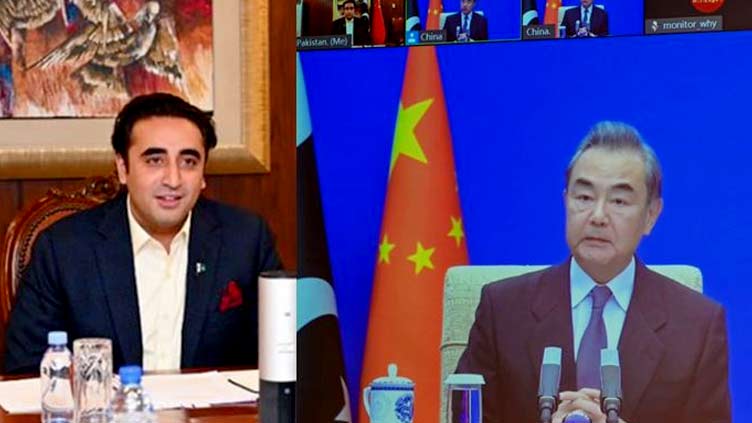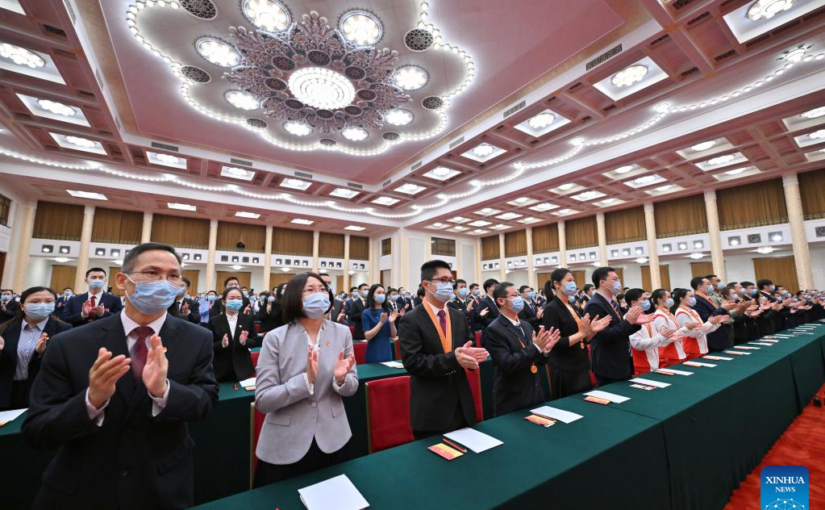As his first official bilateral visit after taking office as Pakistani foreign minister, Bilalwal Bhutto Zardari met with his Chinese counterpart Wang Yi in Guangzhou on May 22nd. Wang said that this visit “carries forward the fine tradition of friendly exchanges between China and Pakistan… China and Pakistan are true friends sharing weal and woe and good brothers having a heart-to-heart affinity.”
For his part, Bilalwal said that: “Pakistan and China enjoy time-honoured amicable relations. I am particularly proud that all three generations of my family are firmly committed to the Pakistan-China friendship. As an ‘ironclad’ friend, Pakistan is heartened by China’s great achievements and firmly believes that no force can stop China from forging ahead.”
Bilalwal’s father Asif Ali Zardari, former president, his late mother Benazir Bhutto, and especially his grandfather Zulfikar Ali Bhutto, both former Prime Ministers, as well as the Pakistan People’s Party (PPP) they have led, have all made major contributions to the development of the friendly relations between Pakistan and China, together with successive generations of Chinese leaders, over more than half a century.
The two foreign ministers affirmed their will to further promote cooperation through the China-Pakistan Economic Corridor (CPEC), the Global Development Initiative (GDI) and the Global Security Initiative (GSI).
A joint statement released by the two countries following the talks noted that the visit coincided with the 71st anniversary of the establishment of their diplomatic relations and touched on a number of other issues, including defence cooperation, the Ukraine crisis and the situations in Jammu & Kashmir and Afghanistan.
The following report of the talks between Bilalwal and Wang and the full text of their joint statement were originally published on the website of the Chinese Foreign Ministry.
On May 22, 2022, State Councilor and Foreign Minister Wang Yi held talks with visiting Pakistani Foreign Minister Bilawal Bhutto Zardari in Guangzhou.
Wang Yi said, China welcomes the fact that Bilawal carries forward the fine tradition of friendly exchanges between China and Pakistan, and paid a visit to China, which was his first official bilateral visit after taking office as foreign minister. China appreciates the new Pakistani government’s firm commitment to developing the all-weather strategic cooperative partnership between the two countries. China and Pakistan are true friends sharing weal and woe and good brothers having a heart-to-heart affinity. The friendship between China and Pakistan, jointly nurtured by several generations of leaders of the two countries, remains strong with new vitality. History has witnessed and will continue to witness that no matter how the international landscape may evolve, China-Pakistan relations are rock-solid and unshakable. China is ready to, as always, prioritize Pakistan in its neighborhood diplomacy, and join hands with Pakistan to meet risks and challenges, continuously consolidate the “ironclad” friendship between China and Pakistan, let the building of a China-Pakistan community with a shared future take root, make China-Pakistan relations a powerful stabilizing factor in the region, and enable China-Pakistan cooperation to provide more robust vitality for regional development and revitalization.
Continue reading Wang Yi holds talks with Pakistani Foreign Minister Bilawal Bhutto Zardari